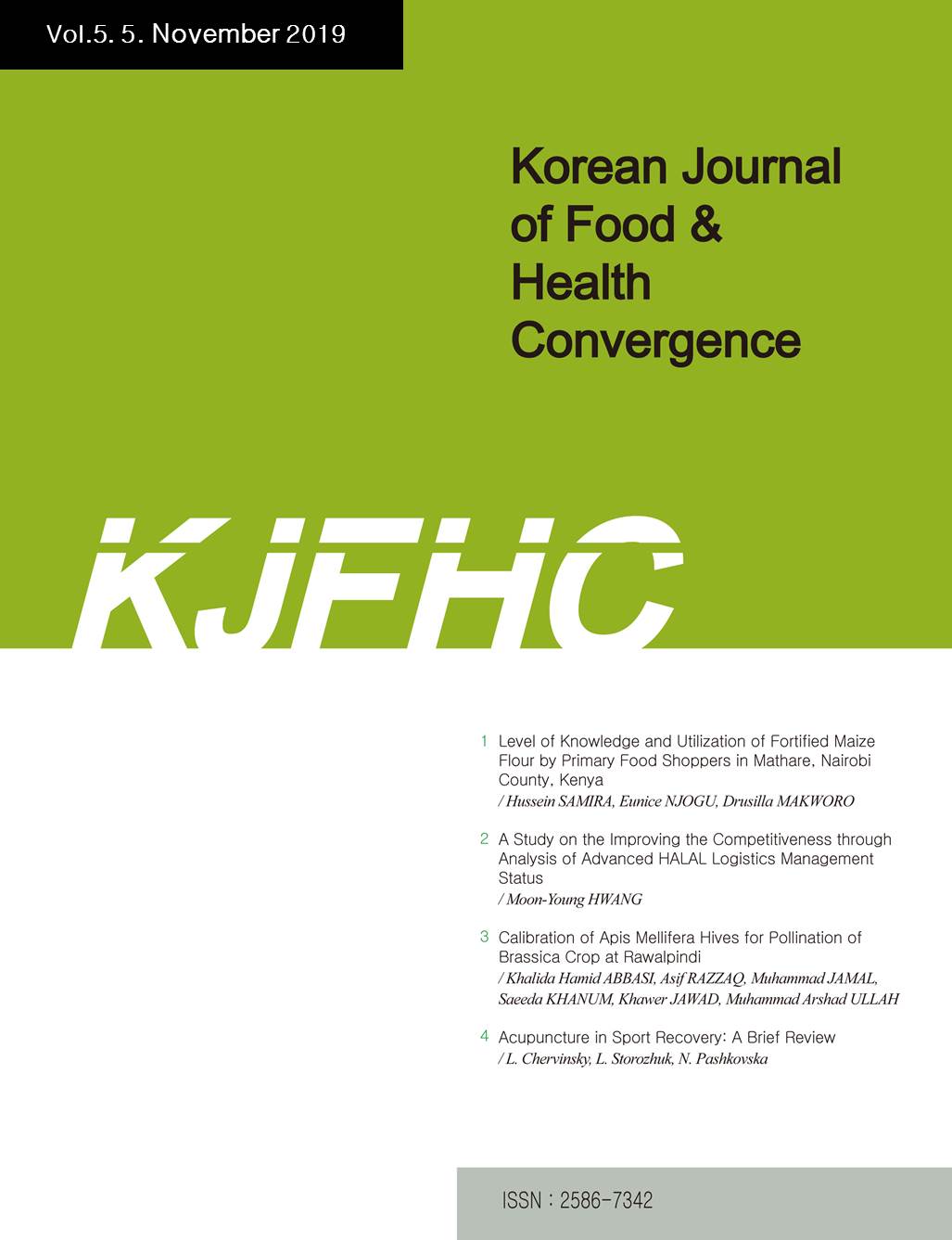 E-ISSN : 2586-7342
E-ISSN : 2586-7342
HWANG, Yoobin
SEO, Bo-Kyung
Abstract
The purpose of this study is to find out the role of social support and self-esteem in the relationship between gaming disorder and suicidality of college students. A survey and analysis were conducted on 1,154 students in a four-year university in Gyeonggi-do of Korea. With analysis of the Internet Gaming disorder scale, 162 people (14%) were subjected to gaming disorder and 992 (86%) were non-gaming disorder. The hypothesis of this study was verified as follows. First, college students with gaming disorder have higher suicidality and lower social support and self-esteem than those with non-gaming disorder. Second, gaming disorder of college students have a positive correlation with suicidality, while gaming disorder will have a negative correlation with social support and self-esteem. Third, social support and self-esteem mediate the relationship between gaming disorder and suicidality of college students. These results show that social support and self-esteem can act as protective factors. The results are very meaningful in that they have verified the high risk of suicidality of college students with gaming disorder. It is suggested, when college students show signs of Internet gaming addiction, a more active prevention for suicidality should be considered as they can become a suicidal high risk group.
- keywords
- Gaming Disorder, Suicidality, Social Support, Self-esteem
- Downloaded
- Viewed
- 0KCI Citations
- 0WOS Citations
